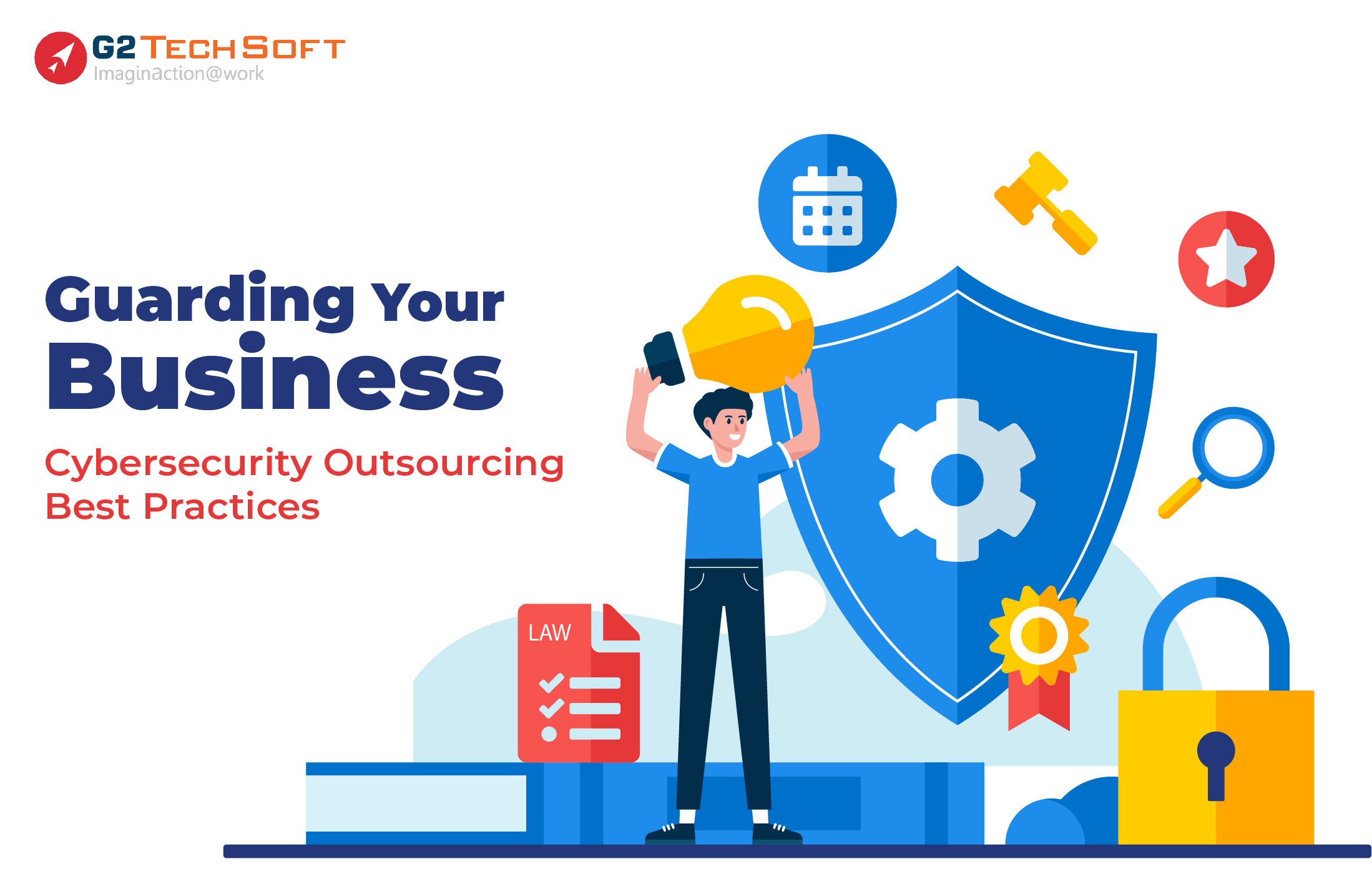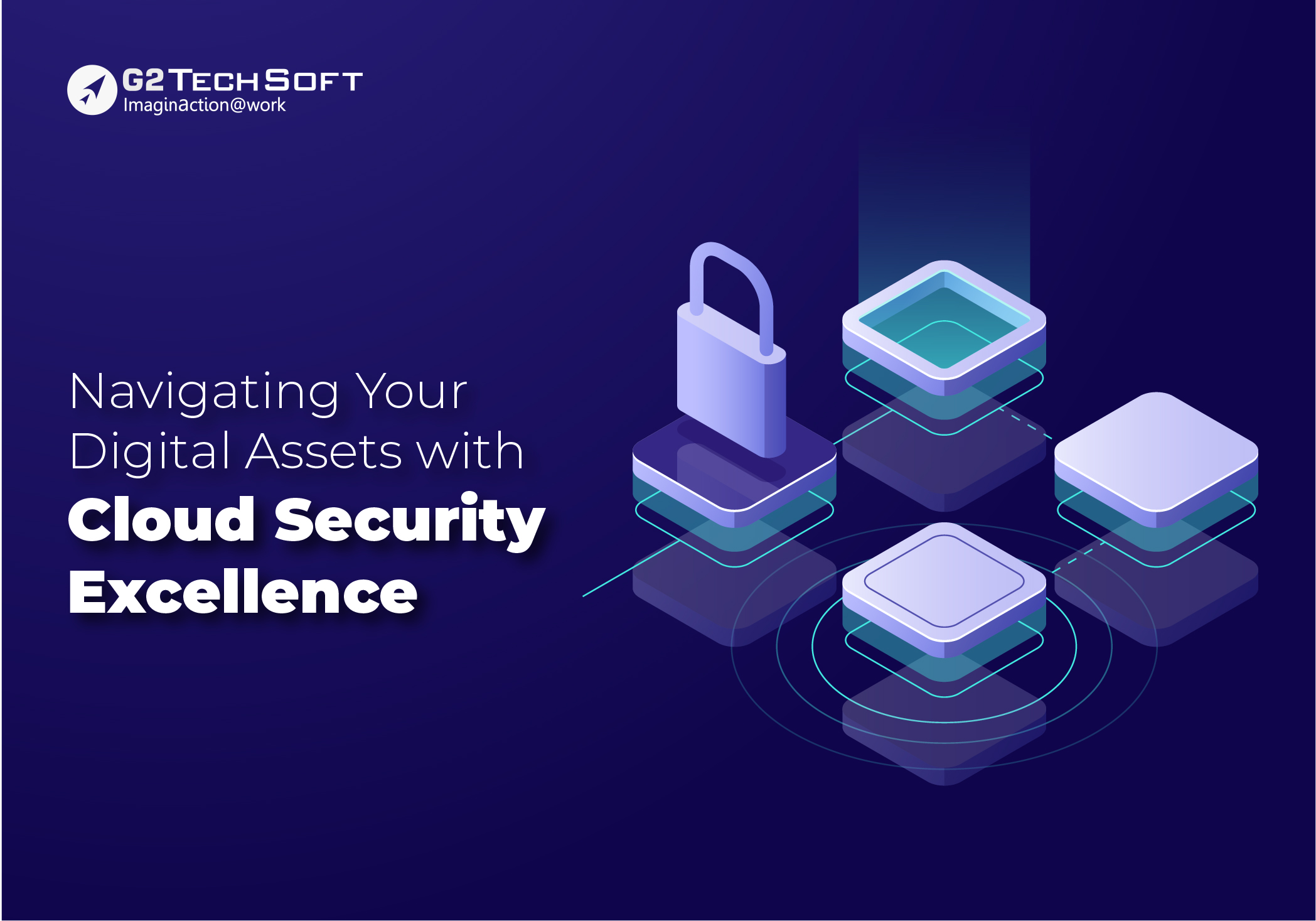
Guarding Your Business: Cybersecurity Outsourcing Best Practices
Cyber threats are growing at an alarming rate, with over 500,000 attacks reported in 2022 alone. The costs of cybercrime to firms are estimated to be in the billions each year. However, managing cybersecurity has become challenging for most companies as networks expand with new technologies. While the significance of security is recognized, many firms lack the in-house expertise, tools, and resources required to effectively secure their networks and defend against evolving threats.
Outsourcing cybersecurity to specialized providers effectively allows firms to stay protected without developing large internal teams. It also provides access to the latest security technologies and solutions at lower costs compared to in-house models. Proper due diligence and ongoing management are key to ensuring outsourcing providers meet obligations and firms are effectively guarded from growing cyber threats.
Outsourcing Cybersecurity: Best Practices And Potential Drawbacks
While the significance of security is recognized, many firms lack the in-house expertise, tools, and resources required to effectively secure their networks against constantly emerging cyber security threats. It is where outsourcing certain security functions to specialized cybersecurity firms can help supplement internal teams.
By partnering with experienced providers that offer managed security services through their security operation centers, firms can leverage round-the-clock advanced monitoring and threat intelligence. It enables proactive detection and mitigation of risks at lower costs than building dedicated in-house teams. Outsourcing can deliver key advantages, like access to cutting-edge technologies and solutions.
Potential Drawbacks:
While outsourcing provides benefits, there are also potential drawbacks if not implemented carefully. Issues like insufficient understanding of a firm’s unique culture and needs could arise. Generic security approaches may also fail to address all custom requirements. Additionally, limited cost savings or high contractor turnover could offset the intended benefits.
Best Practices For Maximizing Upside And Mitigating Downside:
Firms should take a targeted approach to optimise outsourcing arrangements, outsourcing only non-critical functions. The right provider must be selected through rigorous evaluation and vetting to ensure expertise matches needs. Additionally, customized SLAs with flexibility are important to meet evolving security requirements over time.
Why Is Outsourcing Cybersecurity Services A Smart Choice?
Access To Expertise:
Cybersecurity service providers have extensive practical knowledge, skills, and experience to effectively address various cyber threats and vulnerabilities. Outsourcing permits firms to leverage this pool of specialized competencies and stay up-to-date on the latest industry insights.
Implementation Of Advanced Technologies:
Experienced vendors have proficiency in deploying and managing advanced security monitoring and prevention tools. They can seamlessly integrate such complex software into organizations’ security infrastructure and provide training to internal teams.
24/7 Coverage And Monitoring:
Cyber-attacks do not respect business hours. Many providers offer around-the-clock security support and monitoring, enabling immediate response to potential incidents. This around-the-clock coverage helps mitigate risks and limit the impact of attacks.
Independent Security Assessments:
Outsourced auditors provide an objective evaluation of security postures, uncovering issues internal teams may miss. Regular independent audits ensure compliance with global standards like SOC 2 and ISO 27001.
Flexibility:
Outsourcing permits customizing resources as needed without lengthy hiring processes. Requirements can be easily modified or expanded as organizations grow.
Improved Compliance:
Providers understand industry regulations and data protection laws to help ensure compliance with requirements like HIPAA and PCI DSS. This protects against legal and financial penalties.
Reduced Burden On Internal Teams:
Outsourcing frees up in-house IT teams to focus on core business operations rather than security administration.
Top Benefits Of Outsourcing Cybersecurity:
Cost Savings And Predictability:
Outsourcing to MSSPs significantly reduces security costs for firms. MSSPs achieve economies of scale by spreading investments across multiple clients. It will permit them to offer advanced tools, 24/7 monitoring and response, and specialized talent at lower rates than standalone in-house teams. It also switches security budgets from capital to operational expenses, which provides accounting advantages.
Perhaps most importantly, outsourcing introduces cost predictability through fixed monthly or annual managed services fees. It makes security more budgetable compared to fluctuating in-house expenses. Overall, MSSPs pass on their efficiency savings while taking responsibility for maintaining and upgrading the necessary resources.
24/7 Coverage And Expertise:
Most MSSPs operate large security operations centers staffed by security experts working in shifts around the clock. This global coverage model means threats can be detected and addressed at any time without disruption. The SOCs also aggregate intelligence from all customers to gain a broader view of evolving attacks.
MSSPs develop deep in-house expertise across verticals by attracting top talent through their scale. They continuously train specialists in the latest tools and methodologies. Outsourcing to such mature SOCs essentially imports high-level security capabilities and manpower that most organizations could not hope to replicate with only in-house resources and limited budgets.
Stability And Sustainability:
The managed services model introduces stability through long-term contracts, often 3-5 years. It ensures continuity of operations even if internal leadership or staff changes within that timeframe. Larger MSSPs are also better equipped to handle turnover without affecting service quality or response times for customers.
By outsourcing, firms gain a sustainable security posture supported by a third party. Resources are scaled more efficiently based on needs rather than being tied to the ups and downs of in-house hiring cycles or budget approvals. Outages and disruptions from technology refreshes or staff learning curves are also minimized.
Accelerated Maturity:
Building a fully functional, regulatory-compliant security program from the ground up requires extensive time and capital outlay. MSSPs allow leapfrogging over the learning curve through ready access to mature processes, governance frameworks, and the deployment of best practices honed over many implementations.
Firms gain the benefits of an advanced security posture without the multi-year effort of developing it in-house from basic to advanced levels. Resources can instead focus on core business operations.
Advanced Threat Detection And Response:
MSSPs maintain extensive security intelligence databases, monitoring systems, and response plans developed from a wealth of frontline experience. Their analytics and detection mechanisms are far more sophisticated than what most individual organizations can implement.
Larger datasets also provide better visibility into the full spectrum of threats across different sectors. Proactive hunting for unknown risks and rapid containment of incidents are key strengths. Continuous tuning and improvements ensure the latest global threat intelligence is incorporated. Outsourcing taps into this deep well of collective wisdom.
Regulatory Knowledge And Compliance:
Compliance with regulations is increasingly pivotal, but interpreting and keeping up with changes to standards like GDPR, CCPA, HIPAA, and PCI DSS requires dedicated focus. MSSPs specialize in maintaining compliance on behalf of clients by leveraging their broad regulatory exposure. They comprehend auditing requirements and can provide documentation of controls to ease processes for customers and partners.
Outsourcing transfers this complex compliance burden and the risk of non-adherence penalties. Firms benefit from the expertise without taxing limited internal resources.
Emerging Technology Adoption:
MSSPs have strong incentives to pilot cutting-edge tools from their extensive vendor relationships and R&D budgets. It will permit them to stay at the forefront of innovation and incorporate beneficial technologies like AI, automation, cloud security, etc. into their service offerings.
Individual customers would face more challenges evaluating and funding new solutions on their own. By outsourcing, firms gain controlled access to a continuously advancing security environment optimized by experienced partners.
Access To Specialized Talent:
The cybersecurity skills shortage is a widespread issue. However, MSSPs leverage their scale and global footprints, often spanning universities, to attract top talent. They also maintain large full-time security staff with specialists in critical areas like threat hunting, forensics, compliance, etc.
Outsourcing provides on-demand access to these hard-to-find skills and subject-matter experts. Customers benefit from a virtual security brain trust without the overhead of hiring for infrequent needs.
Continuous Improvement:
MSSPs conduct regular reviews and testing of customer environments to detect gaps, strengthen controls, and optimize processes based on industry trends and new threats. Outsourcing introduces an ongoing third-party evaluation mechanism not available to insular internal teams.
Recommendations are implemented as part of the managed service, keeping security postures dynamically updated to maintain high maturity levels over time.
Conclusion:
Outsourcing to experienced MSSPs imports advanced security capabilities and maturity at lower costs while ensuring stability, compliance, and continuous optimization. Resources can focus on core missions instead of developing these functions internally at the basic level. Hire G2 TechSoft to assist with your cybersecurity management. Partnering with this experienced cybersecurity firm can offer managed security services through security operation centers. It will permit round-the-clock advanced monitoring using threat intelligence databases.




